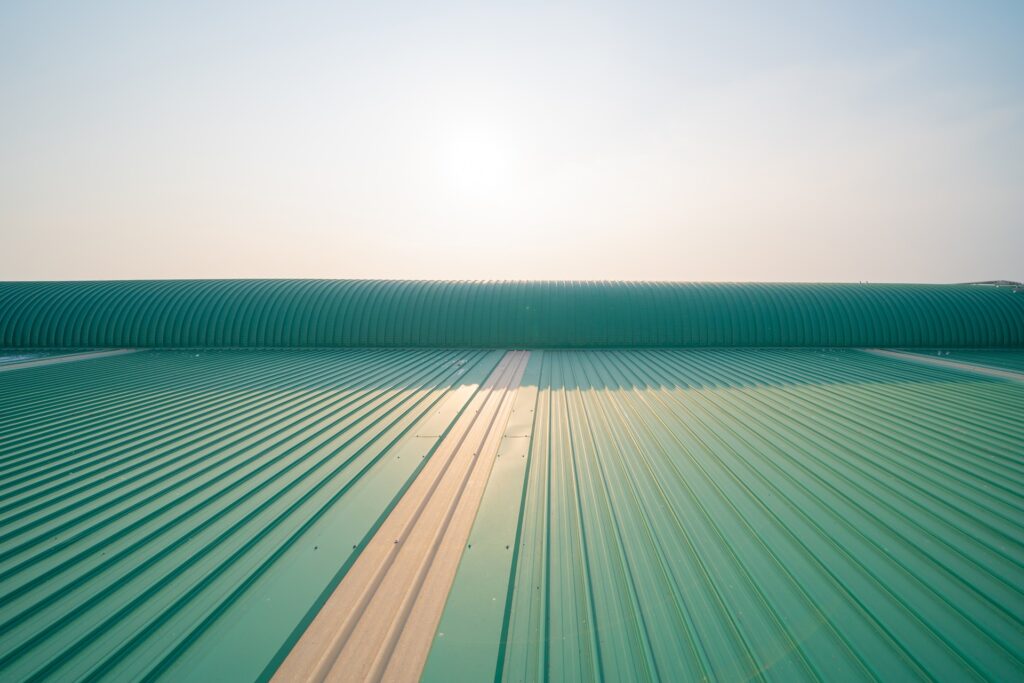Choosing an energy-efficient roof is a smart investment that offers numerous benefits, from reducing your energy bills to making your home more comfortable. When your roof efficiently manages heat, it can greatly reduce how hard your air conditioning system has to work. This means you save money on energy costs while keeping your home at a comfortable temperature year-round.
Energy-efficient roofing also has a positive impact on the environment. By using materials and techniques that reflect more sunlight and absorb less heat, you can reduce the overall heat island effect, which is particularly beneficial in urban areas. This helps lower the surrounding temperature, contributing to a healthier environment for everyone.
Understanding the options available and how to enhance your roof’s efficiency can help you make an informed decision that benefits both your wallet and the planet. Let’s explore the main reasons to choose an energy-efficient roof, the top materials on the market, and the best practices for maximizing your roof’s performance.
Why Choose an Energy-Efficient Roof?
Opting for an energy-efficient roof brings numerous benefits that go beyond just cutting down on utility bills. One of the primary advantages is the significant reduction in energy costs. An energy-efficient roof helps keep your home cooler in the summer and warmer in the winter by reflecting sunlight and providing better insulation. This reduces the need for excessive heating and cooling, resulting in lower energy consumption and cost savings on your monthly bills.
Another key benefit of an energy-efficient roof is improved comfort. By maintaining a more consistent indoor temperature, these roofs eliminate the uncomfortable hot and cold spots that can make living spaces less enjoyable. Additionally, energy-efficient roofs are environmentally friendly. They help reduce the carbon footprint by consuming less energy, thus lessening the demand on power plants and contributing to cleaner air and a healthier environment. Investing in an energy-efficient roof is not just good for your wallet but also a responsible choice for the planet.
Top Energy-Efficient Roofing Materials
Choosing the right materials for your energy-efficient roof is crucial in maximizing its benefits. Here are some of the best options available:
1. Cool Roofs: Cool roofs are designed to reflect more sunlight and absorb less heat than standard roofing materials. They are typically made from reflective paint, sheet coverings, or highly reflective tiles and shingles. By keeping your roof cooler, these materials help reduce the amount of heat transferred into your home, lowering cooling costs.
2. Metal Roofing: Metal roofs are excellent for energy efficiency due to their durability and reflective properties. They can reflect solar radiant heat, which can reduce cooling costs by 10-25%. Moreover, metal roofs are often made from recycled materials and can be fully recycled at the end of their lifespan, making them an eco-friendly option.
3. Solar Tiles: Solar roofing tiles combine the benefits of traditional roofing materials with solar energy production. These tiles not only protect your home but also generate electricity, reducing your reliance on the grid. While they can be more expensive upfront, the long-term energy savings and potential tax incentives can make them a worthwhile investment.
4. Insulated Shingles: These shingles come with an additional layer of insulation, improving their ability to keep heat out during the summer and retain warmth in the winter. This added insulation enhances the overall energy efficiency of your roof, leading to more consistent indoor temperatures and lower energy costs.
By selecting one of these top energy-efficient roofing materials, you can ensure that your roof contributes to a more comfortable, cost-effective, and environmentally friendly home.
How Smart Roofing Technology Improves Home Efficiency
Smart roofing technology significantly enhances home efficiency by optimizing energy use and maintaining comfortable indoor temperatures. One of the primary ways it does this is through the use of materials that reflect more sunlight and absorb less heat. Cool roofs, for example, can drastically reduce the amount of heat that enters a home, leading to lower cooling costs during hot months. This is especially beneficial in warmer climates where air conditioning expenses can be substantial.
In addition to cooling benefits, smart roofs that incorporate solar panels can generate electricity for your home, reducing reliance on traditional energy sources and lowering utility bills. The electricity produced by solar panels can be used to power various home appliances, resulting in significant cost savings over time. Furthermore, integrated sensors in smart roofing systems provide real-time data on roof conditions. This information allows homeowners to address minor issues before they become major problems, saving money on potential repairs and extending the roof’s lifespan.
Considerations When Installing Smart Roofing
When considering smart roofing technology for your home, it’s essential to think about several key factors. First, the cost of installation can be higher compared to traditional roofing systems. However, the long-term savings on energy bills and maintenance costs can offset the initial investment. It’s crucial to evaluate your budget and assess the potential return on investment for the specific smart roofing option you choose.
Compatibility is another important consideration. Not all smart roofing materials or systems are compatible with every type of home or existing roof structure. Make sure to consult with a professional roofer to determine if your home can support the smart roofing technology you’re interested in. Proper installation is critical to ensure the roof performs as expected and lasts as long as possible.
Maintenance requirements for smart roofs may also differ from traditional roofs. While some smart roofing systems, like those with integrated sensors, can reduce the need for frequent inspections, others might require regular maintenance to ensure optimal performance. Be prepared to invest time and resources into maintaining your smart roof to maximize its benefits.
Final Thoughts
Smart roofing technology offers numerous advantages, from improved energy efficiency and lower utility bills to enhanced home comfort and sustainability. As we move further into 2024, integrating smart roofing solutions into your home can ensure you benefit from the latest advancements in roofing technology. These innovations are not just about keeping your home safe from the elements; they are also about making your home more efficient and environmentally friendly.
If you’re considering upgrading to a smart roof, it’s crucial to consider factors such as cost, compatibility, and maintenance. Consulting with a professional roofing contractor can help you make the best decision for your specific needs.
At Mega Pro, we specialize in helping homeowners navigate these choices and provide expert installation and maintenance services. Take the next step towards a smarter, more efficient home by contacting Mega Pro for all your roofing needs.


